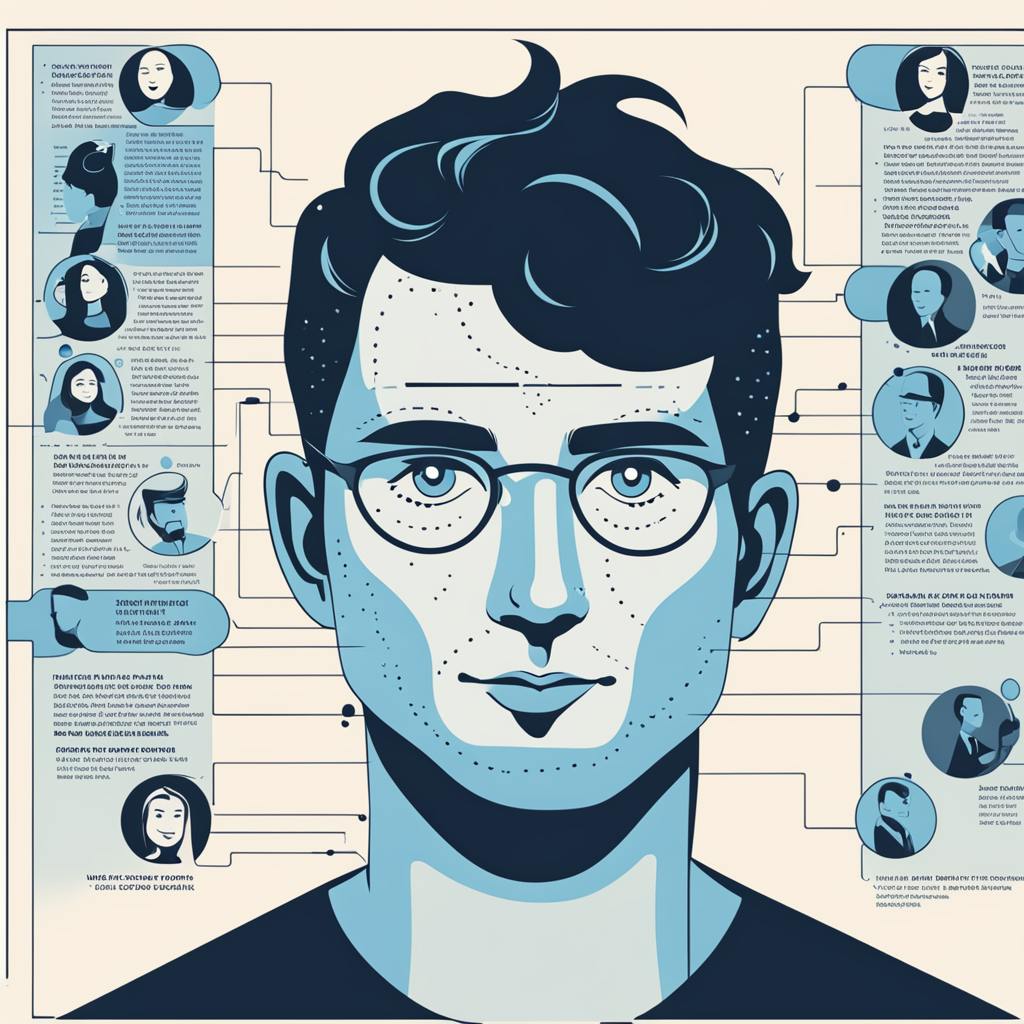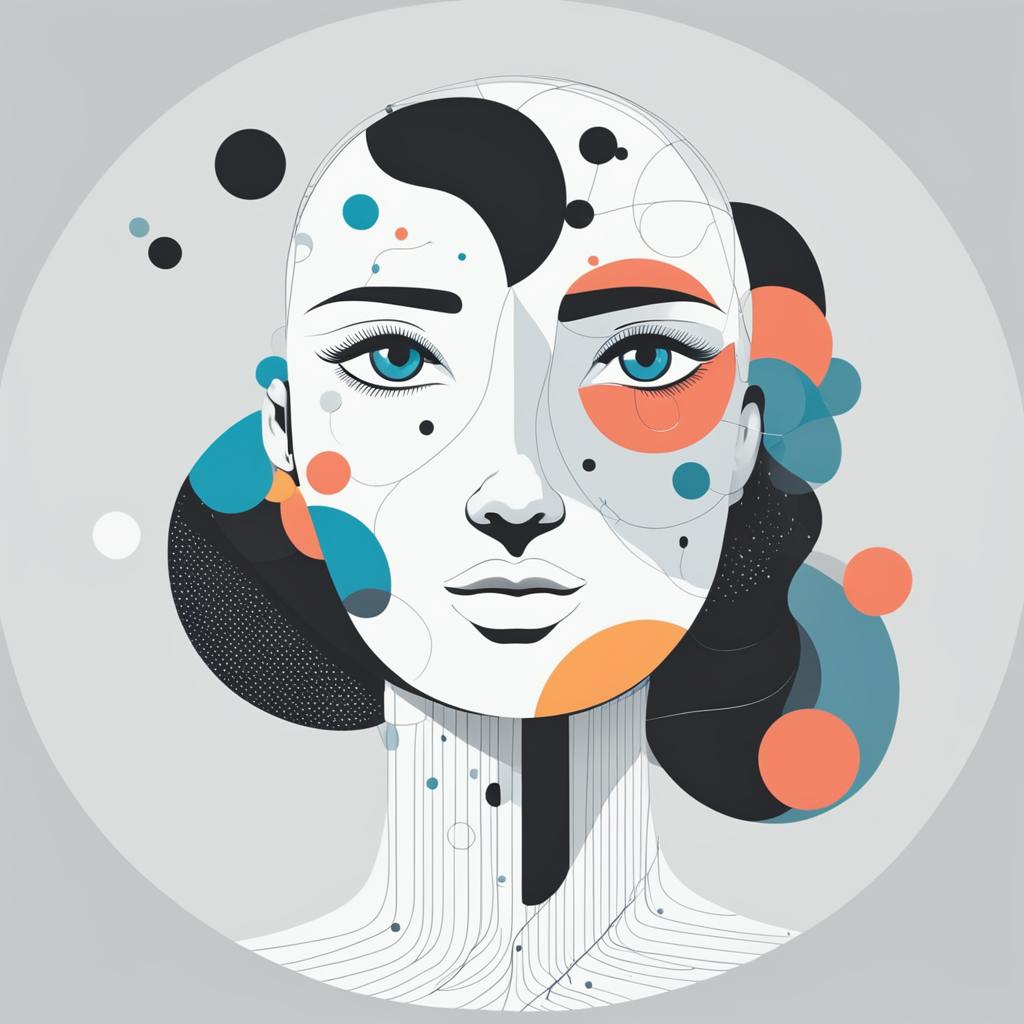Artificial intelligence (AI) in digital marketing is rapidly changing the landscape of how brands identify and engage with their target audiences. As we delve into 2023, the capabilities of AI in digital marketing, notably in audience identification, become more sophisticated and invaluable. Leveraging AI-driven insights has become a crucial strategy for successful marketing campaigns, significantly enhancing how businesses understand and reach their intended consumers.
The Power of AI in Digital Marketing
Artificial intelligence and machine learning (ML) are the bedrocks of the revolutionary transformations witnessed in digital marketing today. These technologies have introduced a level of precision and efficiency that was previously unimaginable. From advanced data analytics that decode complex consumer behaviors to predictive modeling that anticipates future trends, AI and ML empower marketers to develop highly targeted and effective campaigns. The applications of AI in digital marketing have not only refined user experiences but have also optimized operational efficiencies, establishing a new benchmark for marketing success.
Key Points and Their Impact
Enhanced Customer Segmentation
A pivotal impact of AI in digital marketing is the enhancement of customer segmentation. Traditional marketing strategies often relied on broad demographic data such as age, gender, and location. This approach frequently resulted in generalized targeting that lacked precision. AI, however, transcends these limitations by analyzing vast amounts of data from diverse sources, allowing marketers to identify specific customer segments with unparalleled accuracy. Advanced AI-powered data analytics tools delve into customer behaviors, preferences, and trends, enabling marketers to craft more personalized and relevant marketing strategies that resonate deeply with consumers.
Predictive Analytics
Another transformative facet of AI in digital marketing is predictive analytics. By employing sophisticated machine learning algorithms, businesses can forecast future customer behaviors and sales trends with striking accuracy. Predictive analytics tools parse through historical data to identify patterns that inform strategic decisions, thereby enabling marketers to anticipate customer needs, optimize marketing budgets, and ultimately, improve return on investment (ROI). This foresight helps businesses stay one step ahead in a competitive landscape, ensuring they meet customer demands before they even arise.

AI made with Rita Lux
Real-Time Personalization
AI has revolutionized real-time personalization, a critical component in the digital age. With AI and ML, marketers can deliver personalized content, offers, and experiences to customers instantly. This high level of personalization not only enhances customer engagement but also fosters brand loyalty. For instance, AI-driven recommendation engines can suggest products that align with individual customer preferences based on their browsing and purchasing histories. Such personalization strategies ensure that customers feel valued and understood, thereby strengthening their connection with the brand.
Automating Marketing Campaigns
Automation is another domain where AI is making profound changes to digital marketing. AI-powered platforms can automate various facets of marketing campaigns, including content creation, email marketing, and social media management. This automation allows marketing teams to dedicate more time to strategy and creativity, while AI handles repetitive tasks. Furthermore, AI can analyze campaign performance in real-time, providing actionable insights for continuous optimization. This dynamic approach not only enhances campaign effectiveness but also streamlines marketing operations, leading to more efficient resource allocation.
Increased Efficiency and Cost Savings
The integration of AI into digital marketing not only amplifies effectiveness but also results in significant cost savings. By automating processes and utilizing predictive analytics, businesses can allocate their marketing budgets more efficiently. AI-driven analytics reduce reliance on manual analysis and interpretation, thereby cutting down operational costs. The ability to make data-driven decisions swiftly and accurately ensures that marketing investments yield maximum returns.
Addressing Common Questions
How does AI-driven segmentation differ from traditional methods?
AI-driven segmentation goes beyond conventional methods by delving deeper into data points, revealing more granular audience segments. This level of precision leads to more accurate targeting and the delivery of content that resonates with specific consumer needs. Unlike traditional methods that rely on surface-level demographic data, AI unearths insights from behavioral patterns, interests, and even sentiment analysis, ensuring that marketing efforts are both relevant and impactful.
Can small businesses benefit from AI in digital marketing?
Absolutely, small businesses can reap substantial benefits from AI in digital marketing. AI tools can be scaled according to the unique needs and capabilities of small enterprises. These tools enhance customer engagement, optimize marketing spend, and improve overall campaign effectiveness. By leveraging AI, small businesses can compete on a more level playing field with larger companies, reaching their target audiences with precision and efficiency.
What is the ROI of implementing AI in digital marketing?
While the initial investment in AI technology may be considerable, the long-term benefits are substantial. Improved targeting, higher conversion rates, cost savings, and enhanced customer satisfaction contribute to a high return on investment. AI's ability to streamline operations and deliver personalized experiences ensures that businesses not only recover their investment but also achieve sustainable growth.

AI made with Rita Lux
FAQ: AI in Digital Marketing
How is AI revolutionizing target audience identification in digital marketing?
AI is fundamentally transforming how marketers identify and engage with their target audiences. In the past, audience segmentation was a manual process, heavily reliant on demographic data such as age, gender, and location. With AI, this approach has been revolutionized. AI leverages big data and machine learning algorithms to provide a nuanced understanding of consumers, leading to more effective marketing strategies.
- Advanced Segmentation: AI can analyze vast amounts of data to detect patterns and segment audiences based on behavioral data, interests, purchasing habits, and even sentiment analysis. This leads to more precise audience targeting.
- Predictive Analytics: By using machine learning models, AI can predict future behavior based on past actions. This helps in identifying potential customers who are more likely to convert, allowing marketers to focus their efforts more effectively.
- Real-Time Data Processing: AI can process and analyze data in real time, enabling marketers to make on-the-fly adjustments to campaigns based on current trends and user behaviors.
- Personalization: AI algorithms can customize content and messaging to fit individual needs and preferences, enhancing user engagement and conversion rates.
What role does artificial intelligence play in digital marketing?
AI plays a multifaceted role in digital marketing, enhancing efficiency and effectiveness at various stages of the marketing funnel. Here are some key roles AI performs:
- Content Creation and Curation: AI tools can generate content ideas, write articles, and curate content for different audience segments, ensuring that the right message reaches the right people at the right time.
- Customer Service: AI-powered chatbots provide instant customer support, improving user experience and freeing human agents to handle more complex issues.
- Ad Optimization: AI algorithms can automatically adjust bids, target the right audience segments, and optimize creatives in real-time to maximize ad performance.
- Email Marketing: AI can analyze user behavior to personalize email campaigns, timing, and content, improving open rates and conversion rates.
- SEO and SEM: AI-driven tools can analyze search engine algorithms, identify optimal keywords, and generate SEO-friendly content, enhancing a brand's search engine performance.
The transformative power of AI in digital marketing is undeniable, offering endless possibilities for brands to understand, engage, and delight their target audiences like never before.
Let’s Get Creative Together
Start a free consultation with a Creative Solutions Specialist to explore how AI can elevate your marketing strategies and drive your business forward.

